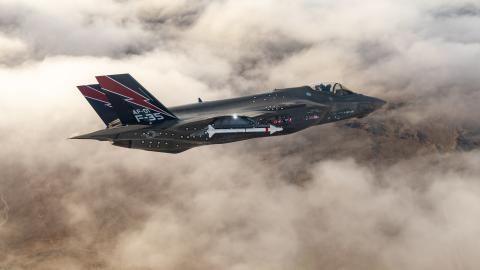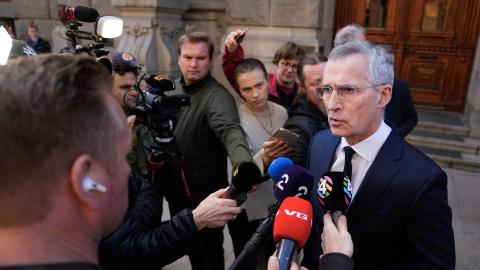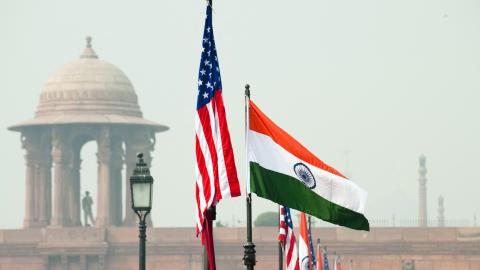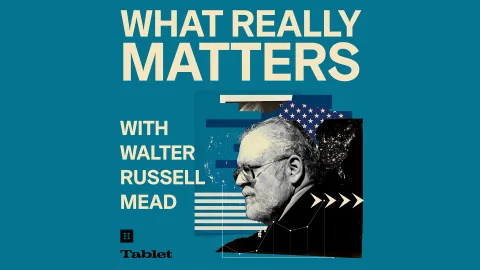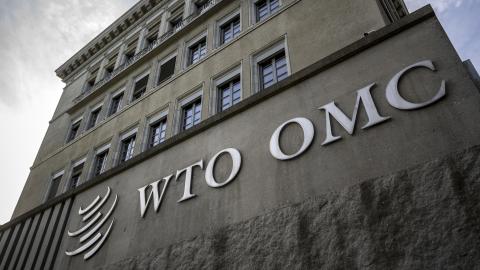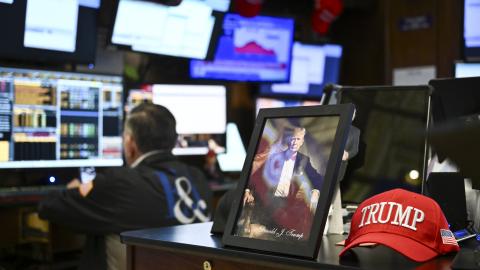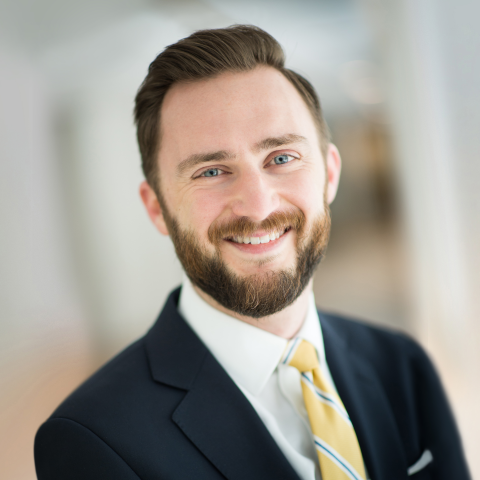
02
May 2007
Past Event
2007 Bradley Symposium: Who Are We Today?
2007 Bradley Symposium: Who Are We Today?
Past Event
Four Seasons Hotel
May 02, 2007
Share:
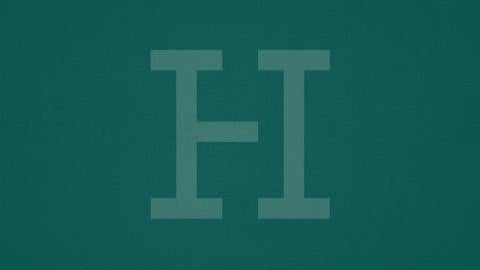
Related Events
25
April 2025
Virtual Event | Online Only
Building a Force that Wins: A Conversation with Major General Mark Mitchum
Featured Speakers:
Major General Mark Mitchum
Timothy A. Walton

23
April 2025
Past Event
Economic Security and NATO Cohesion: A Conversation with Jens Stoltenberg
Featured Speakers:
Jens Stoltenberg
Rebeccah L. Heinrichs

23
April 2025
Past Event
Event Update | India’s Role in the Global Economy
Featured Speakers:
Ajay Seth
Walter Russell Mead
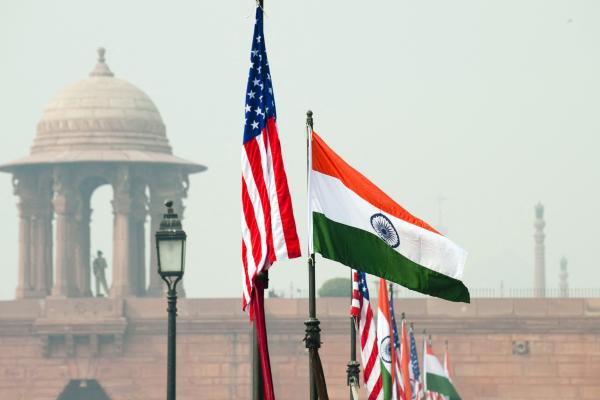
23
April 2025
Past Event
Central and Eastern Europe Strategy Summit 2025
Featured Speakers:
Nikki R. Haley
Dr. Lars-Hendrik Röller
Maria Luís Albuquerque
Dr. Olga Zykova
Barna Tánczos
Amb. Tomáš Pojar
Ana Ivković
Dr. Anca Dragu
Dr. Yuriy Heletiy
Dr. Bogdan Ivan
Jan Růžička
Joel Scanlon
Moderators:
Peter Rough
Daniel Kochis
Matthew Boyse
Luke Coffey
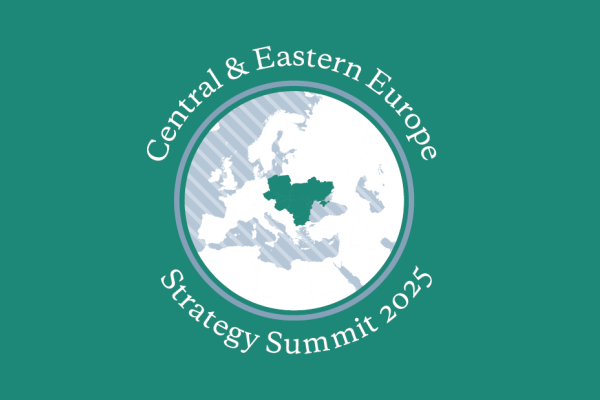
23
April 2025
Past Event
Central and Eastern Europe Strategy Summit 2025
Hudson Institute’s Center on Europe and Eurasia will host its third Central and Eastern Europe (CEE) Strategy Summit.
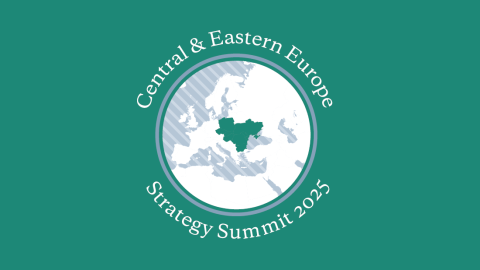
Featured Speakers:
Nikki R. Haley
Dr. Lars-Hendrik Röller
Maria Luís Albuquerque
Dr. Olga Zykova
Barna Tánczos
Amb. Tomáš Pojar
Ana Ivković
Dr. Anca Dragu
Dr. Yuriy Heletiy
Dr. Bogdan Ivan
Jan Růžička
Joel Scanlon
Moderators:
Peter Rough
Daniel Kochis
Matthew Boyse
Luke Coffey


















